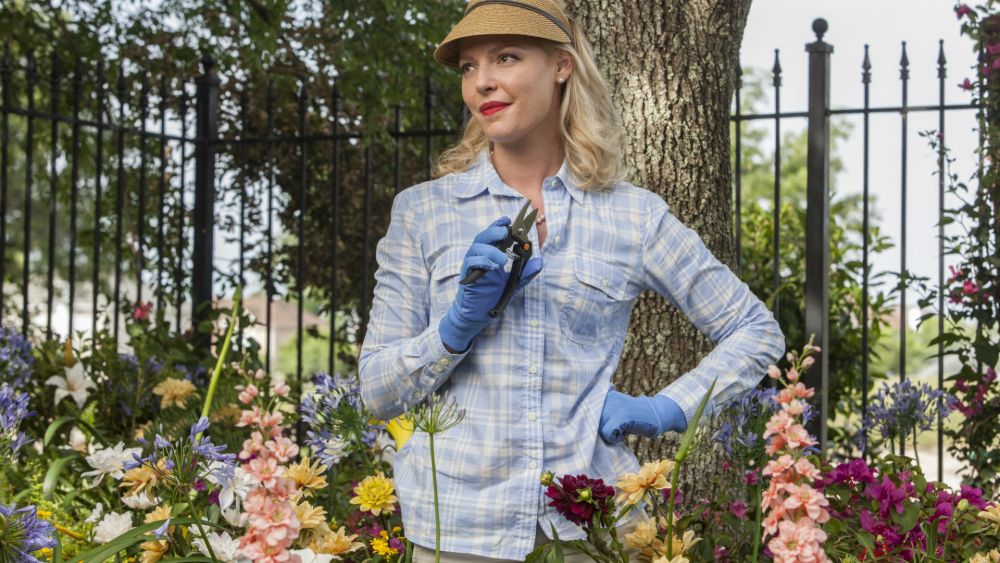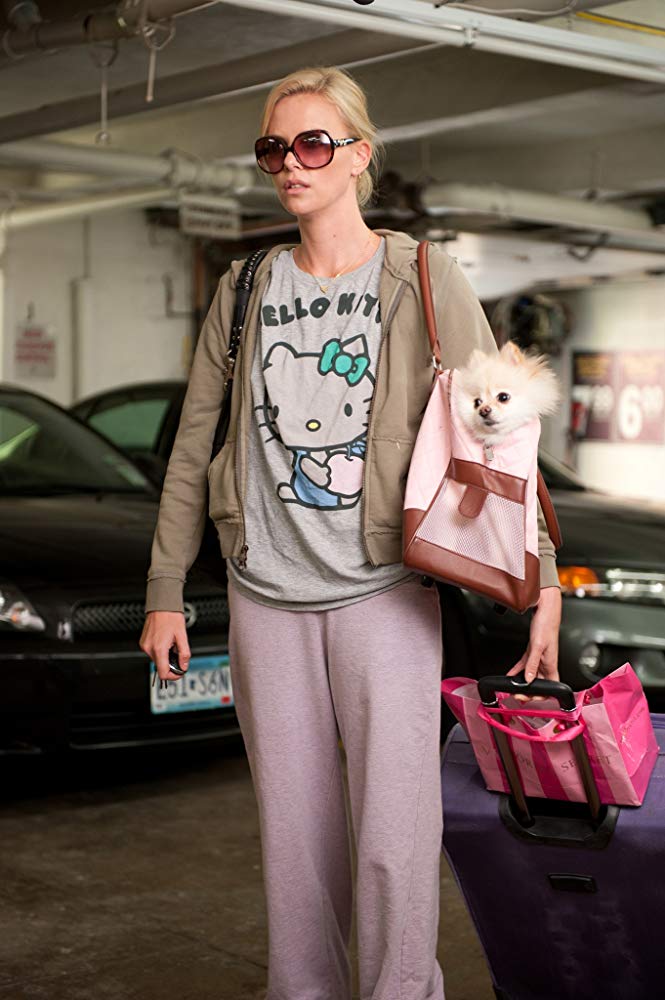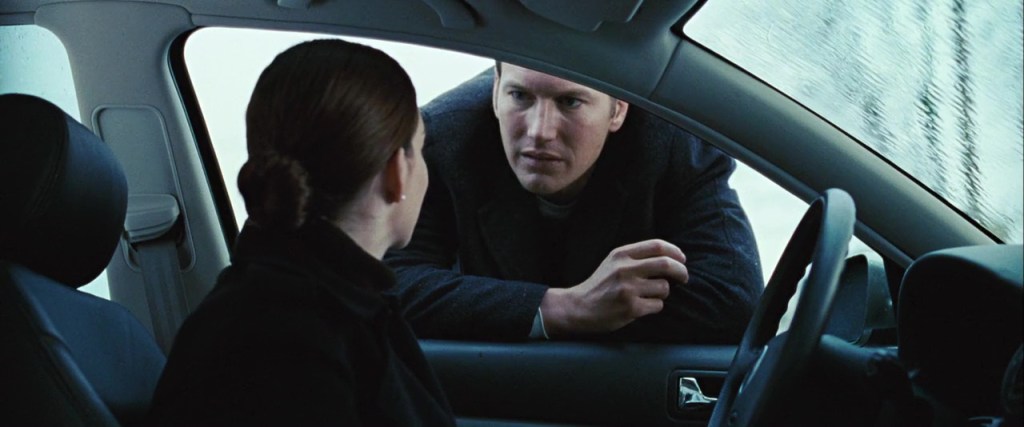How do I even deal with the atrocity that is Aquaman? You probably know already that Aquaman is about a plot by the Atlanteans to attack the people who live on land, and so Aquaman has to become their king to save the world. But what you may not know is that this film is racist.
The only two black people in the movie are criminals (and also father and son). The black dad blows himself up when Aquaman (Jason Momoa) seemingly foils their attempt to steal a submarine from a bunch of white guys (Russians, as it happens).
Then that same submarine reappears to fool some of the Atlanteans into thinking that  the surface world is attacking them to obtain enough votes to attack the surface world. Turns out, one of the Atlantean human-shaped leaders had hired the black guys to steal the sub and fool another Atlantean human-shaped leader. Except then it also turns out that the leader who seemed to be fooled by the sub attack was actually aware it was fake news the whole time and went along with it anyway (and in case it is not clear, all the human shaped Atlanteans we see are white men, every last one, other than Aquaman’s love interest and Aquaman’s mom who are white women).
the surface world is attacking them to obtain enough votes to attack the surface world. Turns out, one of the Atlantean human-shaped leaders had hired the black guys to steal the sub and fool another Atlantean human-shaped leader. Except then it also turns out that the leader who seemed to be fooled by the sub attack was actually aware it was fake news the whole time and went along with it anyway (and in case it is not clear, all the human shaped Atlanteans we see are white men, every last one, other than Aquaman’s love interest and Aquaman’s mom who are white women).
Then the surviving black guy is hired again by the Atlanteans to kill Aquaman and his love interest in Sicily, and the black guy is willing to go along with it because he blames Aquaman for his dad’s death. That plan fails, with the black guy apparently being killed by Aquaman, and also two non human CGI underwater leaders are either killed or maimed by the white underwater leaders who do not attempt any type of stolen submarine trickery on them at all.
So, to summarize the repeated, overt, MAGA-level racism (on the level of “Look at my African American over here!”):
1. The black son is called “Black Manta” so even when he wears a full suit of armor you can be sure that he’s not white.
2. No effort at all was put into fooling the two CGI leaders who weren’t on board with the plan to kill all humans. Again, those disposable leaders are the two that aren’t white men (and blond, blue eyed white men at that) – one is a merman voiced by a black guy and the other is a big brown CGI crab-man. So you might say the CGI leaders were less worthy of respect than the white ones or perhaps you’d say they came from “shithole” countries, if you were a racist.
3. The Atlanteans are really concerned with following certain rules, namely ones that prohibit going to war against us without four votes, while those same Atlanteans have no problem doing awful things to get those four votes, like killing the CGI underwater leaders who won’t vote the way you want in order to install a new leader who will. Which suggests a set of niceties for white guys that don’t apply to non-whites. Or that the nonwhites were asking for it by looking scary and not giving into what the white guys wanted. Po-tay-to, po-tah-to.
4. If the Atlanteans hadn’t bothered to steal the sub for fooling reasons, we wouldn’t have needed the black humans to steal anything. But then we’d have missed an opportunity to perpetuate the stereotype that black men are criminals.
Does it matter at all that the racist Atlanteans are the bad guys and they lose in the end? I don’t think it does. This movie is so dumb generally that it is not capable of coherent social commentary, and incoherent social commentary is worse than not saying anything. Further, if the film had wanted to make a point about the dangers of a racist political leader, it needed to make the racism a rallying point for Aquaman and those opposing that leader. In other words, for this movie to be on the right side of prejudice (i.e., against it), the racist Atlanteans needed to lose because of their racism. The non-racists needed to object to the racists’ offensive conduct and resist for that reason, but that never happens in Aquaman. Instead, Jason Momoa’s character seems to buy into the same stereotypes as the Atlanteans when he leaves the black dad to die because the black guys killed some of the all-white sub crew.
Admittedly, Aquaman later says he learned a lesson from that experience but his application of that lesson is to provide mercy to the all-white Atlanteans. Which means Aquaman does not actually learn the RIGHT lesson, so neither does the audience. As a result, the harmful stereotypes in Aquaman are perpetuated and normalized, and that’s very, very bad anytime but particularly bad in a film that is targeted at white males.
There’s so many other problems here but I won’t get into them because trafficking in stereotypes is the real issue here. Aquaman is intolerant and intolerable and you should avoid giving DC one more dime for this hugely problematic film.




 the surface world is attacking them to obtain enough votes to attack the surface world. Turns out, one of the Atlantean human-shaped leaders had hired the black guys to steal the sub and fool another Atlantean human-shaped leader. Except then it also turns out that the leader who seemed to be fooled by the sub attack was actually aware it was fake news the whole time and went along with it anyway (and in case it is not clear, all the human shaped Atlanteans we see are white men, every last one, other than Aquaman’s love interest and Aquaman’s mom who are white women).
the surface world is attacking them to obtain enough votes to attack the surface world. Turns out, one of the Atlantean human-shaped leaders had hired the black guys to steal the sub and fool another Atlantean human-shaped leader. Except then it also turns out that the leader who seemed to be fooled by the sub attack was actually aware it was fake news the whole time and went along with it anyway (and in case it is not clear, all the human shaped Atlanteans we see are white men, every last one, other than Aquaman’s love interest and Aquaman’s mom who are white women).